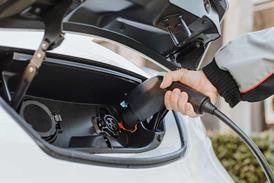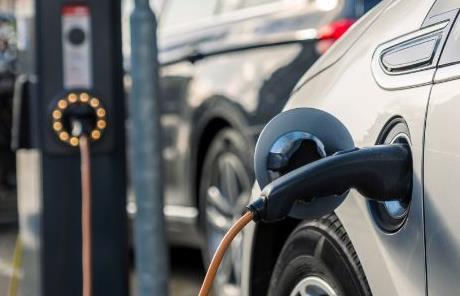Operations news
New trade association to campaign for faster urban freight decarbonisation
A new trade association, launched this week, aims to help drive the shift toward cleaner and more efficient freight in UK towns and cities, through the use of electric vehicles (EVs), cargo bikes and multimodal freight solutions.
Novuna to switch Southern Water fleet to electric vehicles in £33m deal
Southern Water has awarded a £33m five-year contract to Novuna Vehicle Solutions to transition its existing fleet of diesel vans and company cars to electric vehicles and plug-in hybrids.
Scottish government launches fund to help hauliers decarbonise fleets
The Scottish Government has launched a new £2m fund to help HGV operators decarbonise their fleets - with half of the fund ring-fenced for smaller fleet operators.
Grocery distributors expect electric to supply van fleet by 2035, HGV fleet by 2040
The food sector can be an important player in transport system decarbonisation, the Institute of Grocery Distribution (IGD) says in a recent review. IGD said companies in the food system should engage with broader programmes for electric vehicles and plan for their widespread uptake, subject to policies being in place, ...
50 out of 75 lorries electric: German haulier builds charging hub to ditch diesel
A family-run German haulier is ditching diesel for good and backing up its electric ambitions with a purpose-built depot charging park powered by solar, batteries, and a 4 MW grid connection.
Cranswick adds four solar-powered Sunswap Endurance TRUs to fleet
Major farm to fork food producer Cranswick has taken delivery of four Sunswap Endurance battery and solar-powered transport refrigeration units (TRUs), following a trial which saw it cut running costs by 81%.
Fears mount over electric transition as demand stalls
The BVRLA has hosted its Fleets in Charge conference to highlight the progress and continued challenges of fleet decarbonisation. Against a backdrop of political turmoil, regulatory uncertainty and market turbulence, the event revealed the stark reality of the state of the transition.
E-lorry subscription model promises lower cost than diesel
A new per-kilometre subscription model for electric lorries has launched in Europe and the UK, offering fleet operators an all-in-one package that includes vehicles, charging infrastructure, and renewable electricity, with a total cost of ownership claimed to be lower than diesel.
Knowles puts another eHGV out to work
Knowles Logistics has added another electric HGV to its fleet, this time a 19-tonne Renault E-tech D18.
Darcica continues greening its fleet with 18-tonne DAF electric arrival
Darcica Logistics in Bicester has put a DAF XB 18-tonne electric truck into service, for pallet deliveries across the country.
Toyota deploys hydrogen lorries in cross-border logistics operations from Belgium
Toyota Motor Europe has introduced five hydrogen fuel cell lorries into its European logistics operations, collaborating with VDL Groep and four transport partners to establish zero-tailpipe-emission routes between Belgium, France, Germany, and the Netherlands.
New initiative enables operators to demonstrate green credentials
Zemo Partnership has launched a scheme that helps fleet operator provide their customers with independently verified evidence of their greenhouse gas emissions savings from renewable fuels.


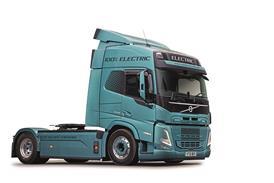

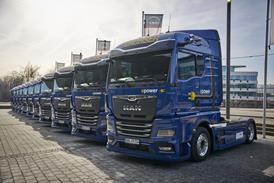
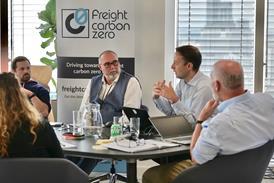
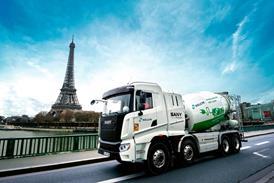


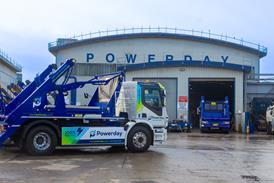


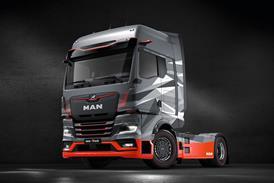
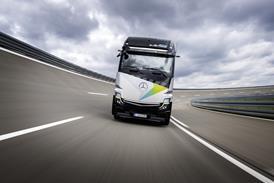
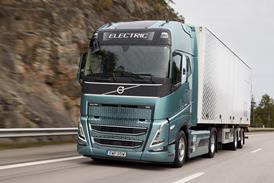
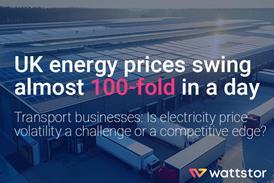
![Mercedes-Benz_eActros_600_(1)[1]](https://d2cohhpa0jt4tw.cloudfront.net/Pictures/274x183/8/1/8/17818_mercedesbenz_eactros_600_11_556244.jpg)

